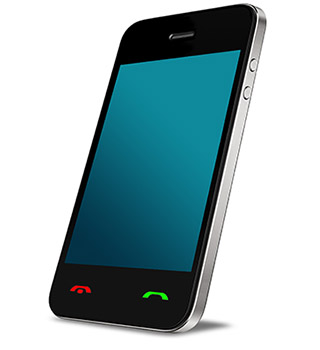Mobile App Scams

Apps are a fantastic way to access information, speed up shopping, or learn! Unfortunately, that opens the door to scams. Check out these tips from the Better Business Bureau to avoid scams:
- Pause before you download: We use apps for so many things today that it's easy to hit "install" and accept terms without thinking. Take time to research the app you're downloading BEFORE giving access to your devices. Read reviews and do a Google search of the app and the developer's name. Scammers use apps to collect information, swindle consumers into re-occurring fees, and more.
- Pay attention to permissions: Many apps will ask for access to certain features of the device upon startup. (Camera, phone, contact list, etc.) Ask yourself, "Why does the app need this access?" Most of the time, the permissions make sense, but not always.
- Always read the fine print: Many apps have a link to terms and conditions, as well as the privacy policy. Read those thoroughly to know how your information will be used and stored.
- Check the developer information: Developers who offer apps in both Google and Apple app stores are asked to provide information about themselves including their location and contact information. Scroll through the app landing page until you can find this information. Questions to ask include, ”Is this a known app developer?", "Where are they located?", and "How much contact information is provided?” Do a google search for the developer name or address. You can search for Business Profiles on BBB.org and check for scam reports at BBB.org/Scamtracker. Consumers often complain of not being able to get in touch with, or receive a refund from, developers.
- Check pricing and in-app purchase details: Many apps advertise as a free tool or service but are actually free trials or rely heavily on in-app purchases for the user experience. Most app landing pages will show a price range of the in-app purchases associated with the app. Compare the price range to the type of app! (For example, if your child wants to download a free night light app, but the app details show an in-app purchase range of $2-$99, this could be a red flag.)
- Be careful with children: In general, young children should not be allowed to download apps to mobile devices without parental permission. Parental control settings and apps can help to avoid issues. Such apps may have features allowing parents to limit time spent online, deploy website filtering, track child location, allow the child to send an SOS, etc. Of course, parental control apps should be vetted before download as well.
Read the full article here.